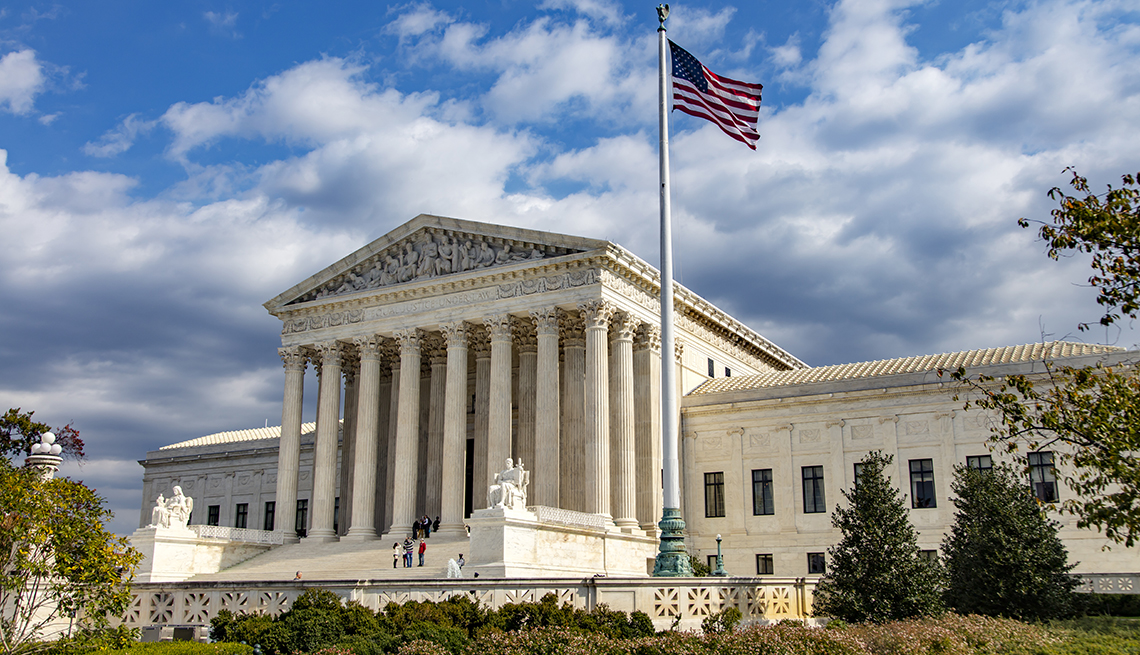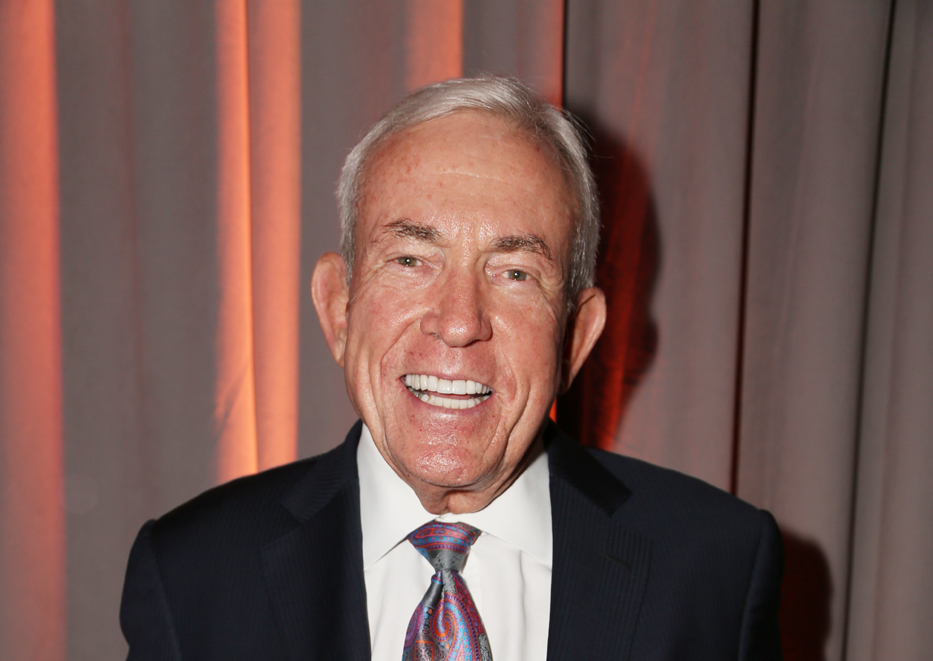
- Select a language for the TTS:
- UK English Female
- UK English Male
- US English Female
- US English Male
- Australian Female
- Australian Male
- Language selected: (auto detect) - EN
Play all audios:
By: Kenneth Terrell Published October 01, 2018
The U.S. Supreme Court started its 2018 term this week. The eight justices currently on the court will hear arguments in several cases that could affect the rights of older workers. Among
the key issues in those suits are:
Private employers who run businesses that have fewer than 20 employees are exempt from the Age Discrimination in Employment Act (ADEA), which is the federal law that protects older workers
from age discrimination. In Mount Lemmon Fire District v. Guido, the issue is whether small public agencies also are excluded from ADEA requirements. In 2009, two firefighters — ages 46 and
54 at that time — were fired by the Mount Lemmon Fire District in Arizona. The firefighters filed an age discrimination lawsuit under the ADEA, and the federal district court ruled in favor
of the fire department. But the federal circuit court ruled for the two firefighters.
The Supreme Court’s ruling could have a wide impact for older adults working for local and state governments across the country. If the high court decides these small agencies don’t have to
follow the federal age discrimination law, these workers will have to rely on whatever protections their states’ laws provide.
Social Security disability benefitsMore than 2 million people apply for Social Security disability benefits each year. To be eligible, a medical condition must prevent the applicants from working — either in their current
positions or other jobs they might be qualified to do — for at least 12 straight months. In many cases, an administrative law judge decides whether a disability applicant is capable of
working. In Biestek v. Berryhill, the Supreme Court will decide whether an administrative judge can rely solely on expert testimony, without the underlying data on which the testimony is
based, or if more evidence is needed.
Michael Biestek, a carpenter, applied for Social Security disability benefits when he was unable to work due to a degenerative disc disease. When he was originally denied benefits, Biestek
asked for an administrative hearing to appeal the decision. In that hearing, a vocational expert testified that there were a variety of jobs still available to Biestek despite his condition.
But when the former carpenter asked the expert to provide more information about the jobs, the administrative law judge said the expert did not have to respond. The judge ultimately denied
Biestek disability benefits.







